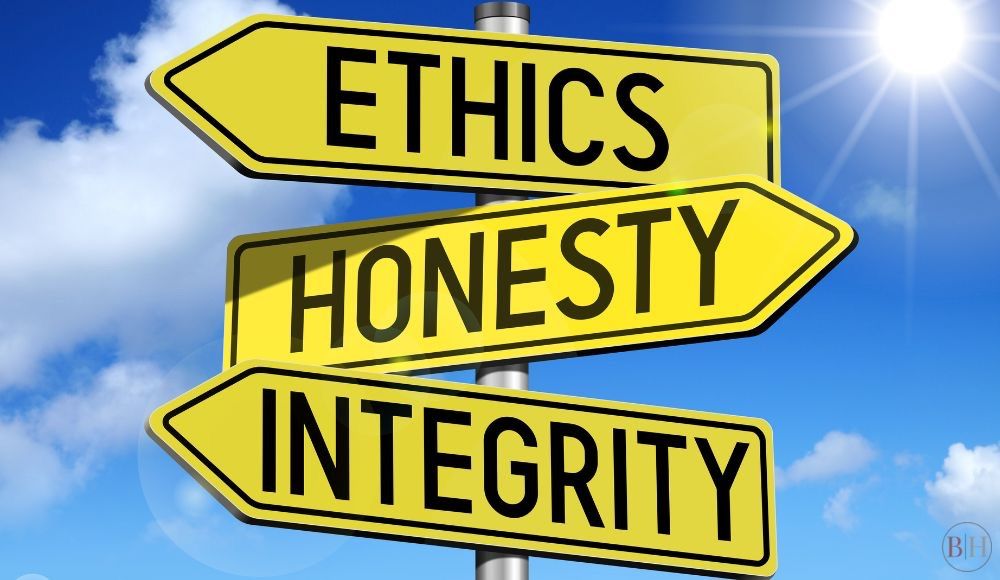Corporate Ethics Training and Education

The modern corporate environment demands ethical behavior beyond legal compliance because it establishes corporate integrity and leads to long-term success. The current business environment demands practical ethics training and education because companies face increasing oversight from regulators, investors, and public scrutiny.
This article will examine ethical conduct in decision-making while discussing the development of effective training programs and legal requirements for whistleblower protections and reporting systems.
The Importance of Ethical Conduct in Corporate Decision-Making
The corporate world depends on ethical conduct to preserve trust and credibility and achieve long-term success. Every business decision, including financial choices, operational decisions, and strategic choices, produces ethical consequences that impact stakeholders, employees, and the public.
Organizations face legal penalties, stakeholder distrust, and reputational harm when they fail to maintain ethical standards. On the other hand, companies that integrate ethical thinking into their decision-making processes will successfully handle complex challenges while maintaining transparency, accountability, and corporate social responsibility.
Leaders who demonstrate ethical conduct establish the fundamental values that define company culture. Ethical decision-making creates both a positive workplace environment and minimizes the occurrence of fraud, discrimination, and other forms of misconduct. Employees tend to emulate the ethical conduct they observe in their leaders.
Developing and Implementing Corporate Ethics Training Programs for Employees and Executives
A well-designed ethics training program is essential for equipping staff at all levels with the tools they need to recognize and handle ethical dilemmas. Training should be tailored to different roles—what a frontline employee needs to know may differ from what a senior executive faces in high-stakes decisions. Programs typically include case studies, interactive workshops, and clear explanations of company values, codes of conduct, and real-world scenarios.
It’s also vital that training is not a one-time exercise. Ongoing reinforcement—through annual refreshers, leadership seminars, and internal communications—helps keep ethics top of mind. The training program for executives should include specific modules about fiduciary duties, ethical leadership practices, and conflict of interest management. The effectiveness of ethics programs depends on creating an open workplace environment, which enables employees to share their concerns without facing any form of retaliation. The implementation of feedback systems and immediate support during training will enhance ethical awareness among employees.
Legal Requirements for Whistleblower Protections and Reporting Mechanisms
A fundamental element of corporate ethics programs requires organizations to create reporting systems which protect both security and compliance standards for misconduct. The Sarbanes-Oxley Act (SOX) and similar international laws require businesses to set up private reporting avenues for whistleblowers.
Equally crucial is safeguarding workers from reprisals. Employers must ensure that workers who expose unethical behavior will not suffer repercussions like harassment, termination, or demotion.
Businesses that do not safeguard whistleblowers risk legal repercussions and a decline in internal trust. They must set up transparent channels for reporting unethical behavior, such as hotlines, web portals, and direct communication with compliance officers. Transparent investigation processes and timely follow-up actions are two ways that a business shows its commitment to ethical behavior.
In Summary
Ethics training and education form the foundation of responsible business practices. By integrating ethics into decision-making, providing robust training, and supporting whistleblower protections, companies can foster a culture of integrity and accountability.
Consult With Our Legal Team
The corporate attorneys at Bingaman Hess will help your organization develop the training and development to ensure ethical decision-making throughout the company. Contact us today to schedule a consultation. Our corporate attorneys provide the highest level of representation and personalized attention.
This article is for informational purposes only and does not constitute legal advice. No one may rely on this information without consulting an attorney. Anyone who attempts to use this information without attorney consultation does so at their own risk. Bingaman Hess is not and shall never be responsible for anyone who uses this information. It is not legal advice.









